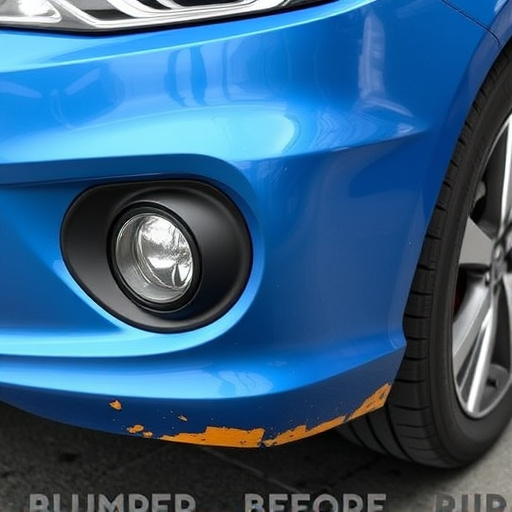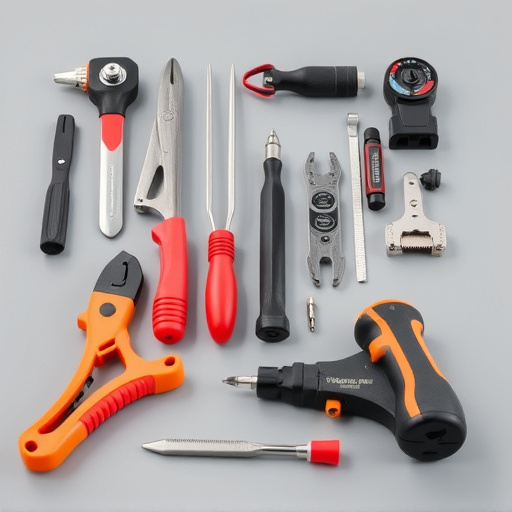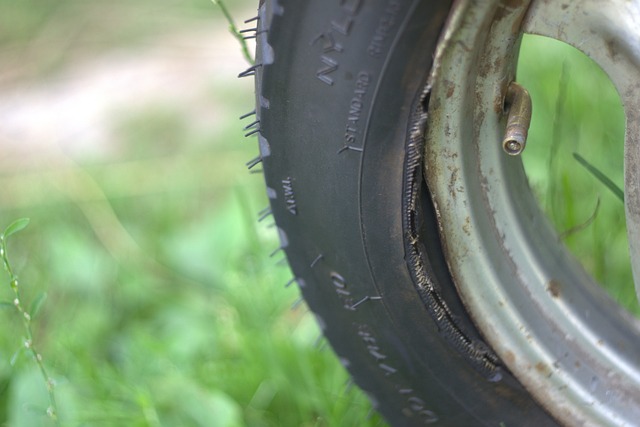Collision center warranty data is a powerful tool for auto body shops, offering insights into repair trends, materials, and common issues across vehicle models. By analyzing this data, centers can enhance efficiency, reduce errors, and ensure high-quality services like auto body painting. It keeps businesses updated on manufacturing standards and industry best practices, enabling informed decision-making and improved customer satisfaction. Utilizing warranty data helps identify recurring issues, streamline repair processes, optimize staff training, and develop specialized solutions, ultimately leading to superior vehicle repairs, customer loyalty, and a positive reputation in the competitive market.
Collision centers play a vital role in automotive service industries, and enhancing their service quality is essential for customer satisfaction. This article explores the power of utilizing collision center warranty data as a strategic tool. By understanding and analyzing this data, businesses can make informed decisions to improve operations. From identifying common issues to optimizing repair processes, leveraging warranty information enables centers to implement data-driven strategies, ensuring superior customer experiences. Stay tuned for insights on navigating this powerful resource.
- Understanding Collision Center Warranty Data
- Analyzing Warranty Data for Service Quality Improvements
- Implementing Data-Driven Strategies for Enhanced Customer Satisfaction
Understanding Collision Center Warranty Data

Collision center warranty data is a treasure trove of information that can significantly enhance the quality of service in auto body shops and collision centers. This data provides insights into the types of repairs, materials used, and common issues across various vehicle models. By analyzing warranty claims, centers can identify trends in auto collision repair, such as frequent problems with specific parts or techniques. This understanding is pivotal for improving efficiency, reducing errors, and ensuring high-quality outcomes in tasks like auto body painting and vehicle paint repair.
Moreover, collision center warranty data allows businesses to stay updated on the latest manufacturing standards and industry best practices. It facilitates informed decision-making by identifying areas where repairs might be prone to failure or where improvements can be made. This proactive approach to quality control not only enhances customer satisfaction but also fosters a culture of excellence in auto collision repair services, including intricate tasks like vehicle paint repair.
Analyzing Warranty Data for Service Quality Improvements

Collision centers can significantly enhance their service quality by delving into warranty data. This involves analyzing claims and repairs covered under warranty to identify recurring issues and trends. By examining patterns in collision center procedures and outcomes, as well as customer satisfaction ratings linked to warranty work, centers can pinpoint areas for improvement.
For instance, tracking warranty data may reveal inconsistencies in auto body painting or structural repair across different facilities. This analysis enables the implementation of best practices, standardized protocols, and continuous training programs for staff involved in collision repair services. Ultimately, understanding warranty data empowers collision centers to refine their processes, ensuring top-notch car bodywork and customer satisfaction.
Implementing Data-Driven Strategies for Enhanced Customer Satisfaction

In today’s competitive market, collision centers must go beyond traditional service offerings to achieve and maintain high customer satisfaction levels. Implementing data-driven strategies centered around collision center warranty data is a powerful approach to enhancing the overall customer experience. By analyzing warranty claims and repair records, centers can identify recurring issues, inefficiencies in vehicle repair services, and areas for process improvement. This data-centric perspective allows for more precise targeting of problem zones, leading to faster and more accurate car bodywork services.
For instance, trends in warranty claims could reveal common problems with specific makes or models, enabling the collision center to develop specialized solutions. Additionally, data can highlight staff training needs and optimize workflow management, ensuring that every interaction with customers contributes to building a positive reputation for the collision center. Ultimately, leveraging warranty data effectively means delivering superior vehicle repair services and fostering customer loyalty.
Collision centers can significantly enhance their service quality and customer satisfaction by leveraging collision center warranty data. By thoroughly understanding and analyzing this data, businesses can identify trends, optimize processes, and implement data-driven strategies that address common issues. Ultimately, this approach ensures a more efficient, reliable, and ultimately better experience for clients relying on collision center services.














